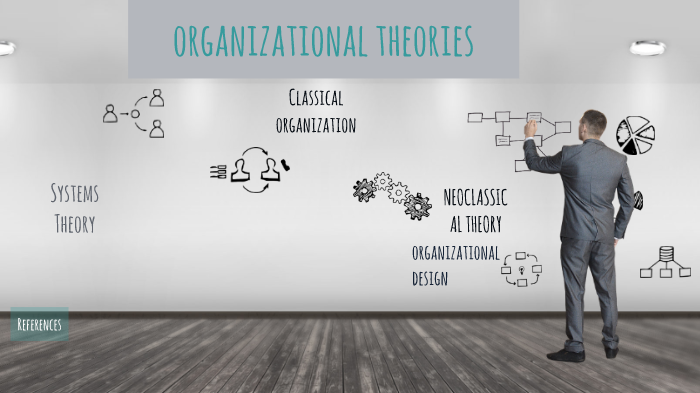This seminar provides an in-depth exploration of two key approaches to analyzing and improving projects, programs, and systems: Evaluation and Quality Assessment. While often used interchangeably, these concepts differ significantly in scope, purpose, and methodology.
Participants will learn to distinguish between evaluation—focused on assessing the effectiveness, relevance, and impact of an intervention—and quality assessment, which is concerned with measuring the degree to which standards and quality criteria are met.
Through case studies, group discussions, and hands-on exercises, the seminar will cover:
-
The theoretical foundations and practical applications of evaluation and quality assessment
-
Methodological differences, including data collection and analysis strategies
-
The role of stakeholder involvement in evaluation vs. expert-driven quality reviews
-
Use cases from fields such as education, social programs, and technology
By the end of the course, participants will be able to:
-
Clearly differentiate between evaluation and quality assessment
-
Select and apply appropriate approaches based on specific goals and contexts
-
Develop evaluation plans and quality assessment frameworks tailored to their field
This seminar is ideal for students, researchers, and professionals engaged in project management, program development, or quality assurance who seek to make informed, evidence-based decisions.
- DozentIn: Monika Frenger

Course description:
In this course we deal with organising and organisations in general. We will discuss different theories, important aspects of organisations and application topics in high-performance sports.
Why should you be familiar with organisational theories?
It is useful to be familiar with theories of organisations as they can provide important concepts and approaches for analysing and improving organisations. Organisational theories deal with different aspects of organisations, such as structure, processes, culture and behaviour of individuals and groups in organisations. By understanding these theories, you can develop a deeper understanding of how organisations work and how they can be improved.
Here is an example: If you are a manager, for example, you can benefit from knowing about contingency theory. This theory states that there is no universal approach to leading organisations, but that the leadership style depends on various factors such as the size and structure of the organisation as well as the experience and personality of the employees. By understanding this theory, you can choose the right leadership style for your organisation and your team to improve their effectiveness and efficiency. (via Be-arly - ChatGPT)
Topics:
- Fundamentals of organisations
- Theories and models
- Specific aspects such as culture, structure, behaviour and change
- Approach
- DozentIn: Monika Frenger
- DozentIn: Maxime Brandts
- DozentIn: Monika Frenger
In this seminar we deal with the evaluation of organizations, programs or events. Different forms of evaluation and the assurance of quality will be discussed. At the end of the course, participants should be able to know, apply and interpret evaluation criteria.
- DozentIn: Monika Frenger
In this seminar we will:
-Learn main theoretical concepts for analysing organisations;
-Use these concepts for examining concrete cases of organisations (in general) and of sport organisations (in particular);
-Discuss and (critically) reflect main contemporary issues about (sport) organisations.
- DozentIn: Enrico Michelini
- DozentIn: Jan Haut
